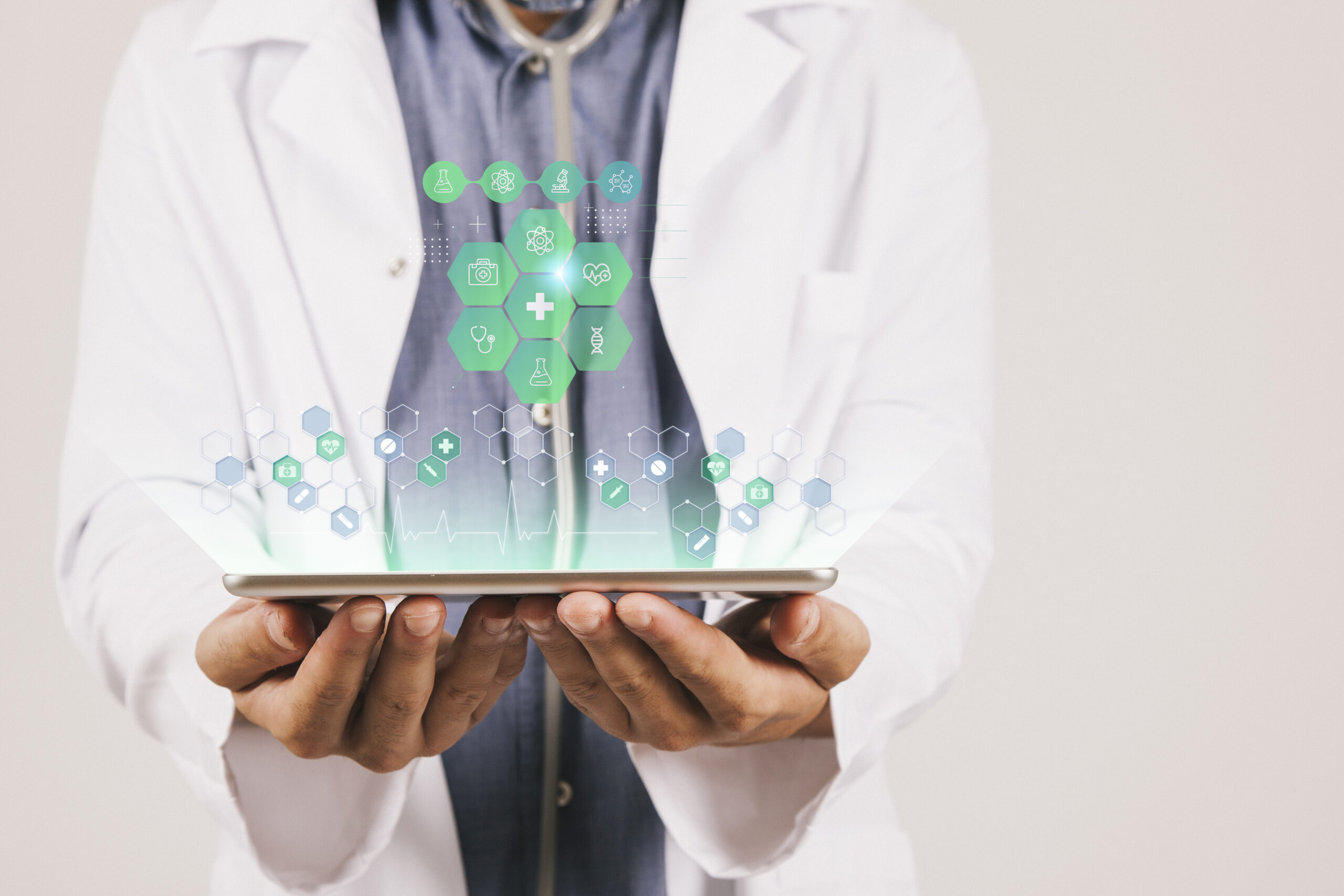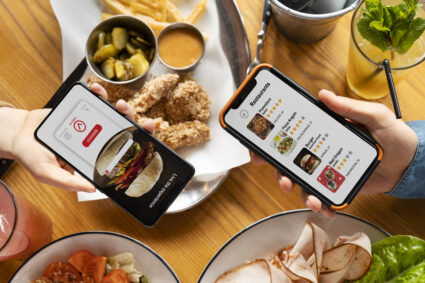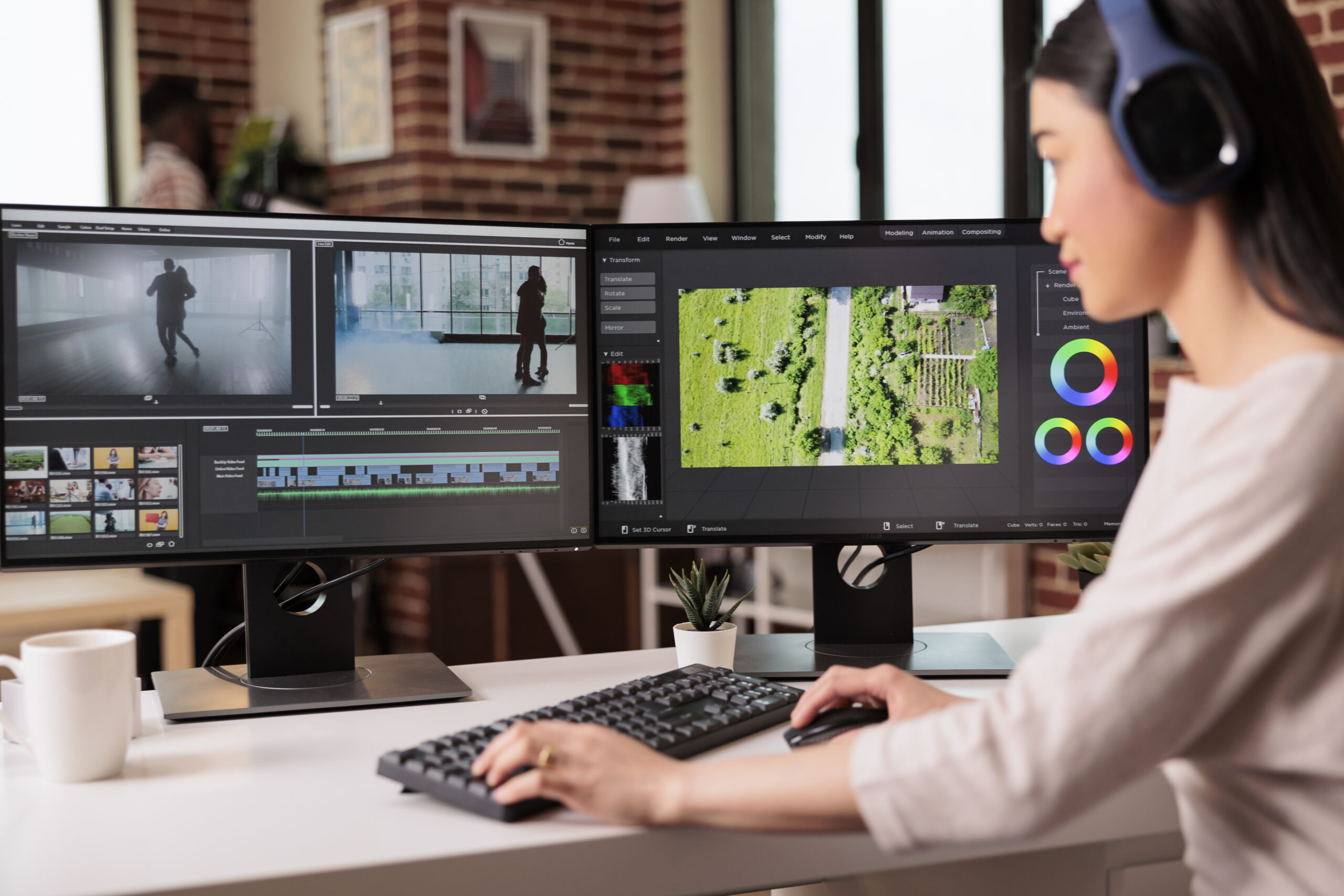The Best Medical Apps for Doctors and Patients

The Best Medical Apps for Doctors and Patients

In an era of digital transformation, medical apps have emerged as essential tools that revolutionize healthcare delivery. These applications offer a plethora of benefits to both doctors and patients, streamlining processes, improving communication, and enhancing healthcare outcomes. This article delves into the world of medical apps, exploring the top options available and the significant impact they have on modern medicine.
I. Introduction
The importance of medical apps cannot be overstated in today’s fast-paced world. They have become integral to the healthcare ecosystem, playing a vital role in the way doctors and patients manage their health. This article will guide you through the top medical apps available, categorizing them based on their primary users – doctors and patients.
A. Brief Overview
Medical apps are software applications designed for smartphones, tablets, and other digital devices. They serve a variety of functions, from managing electronic health records to providing patients with valuable information about their health conditions. With the growing reliance on technology, these apps have become indispensable in the healthcare sector.
B. Importance for Doctors and Patients
Doctors and patients alike benefit from medical apps in different ways. For healthcare professionals, these apps streamline administrative tasks, assist in clinical decision-making, and provide valuable resources for continuous learning. Patients, on the other hand, gain access to tools that help them monitor their health, understand their conditions, and conveniently interact with healthcare providers. Let’s delve deeper into the specifics for each group.
II. Medical Apps for Doctors
A. Electronic Health Record (EHR) Apps
1. Features and Benefits
Electronic Health Record (EHR) apps have transformed the way medical professionals manage patient data. They allow doctors to access and update patient records securely and efficiently. Features include the ability to review medical histories, track test results, and make informed decisions based on comprehensive patient information.
2. Examples of Top EHR Apps
– Zoetic Records: Known for its user-friendly interface and comprehensive features, Zoetic Records simplifies the documentation process and enhances data security.
– MediConnect: MediConnect is favored for its interoperability, enabling seamless sharing of patient records across different healthcare systems.
B. Telemedicine Apps
1. Role in Modern Healthcare
Telemedicine apps have gained significant importance in modern healthcare. They enable doctors to conduct remote consultations with patients, breaking down geographical barriers. This plays a crucial role in providing timely medical care, especially in underserved areas.
2. Notable Telemedicine Apps
– Teladoc: This app has gained recognition for its user-friendly platform and high-quality video conferencing, ensuring effective remote consultations.
– Amwell: Amwell is a comprehensive solution that integrates appointment scheduling, video consultations, and secure messaging for a seamless patient experience.
C. Drug Reference and Interaction Apps
1. How These Apps Aid Prescription Decisions
Drug reference and interaction apps provide doctors with comprehensive information about medications, their dosages, potential interactions, and side effects. This information is invaluable in making informed prescription decisions, reducing the risk of adverse drug reactions.
2. Popular Drug Reference Apps
– Epocrates: Known for its extensive drug database, Epocrates helps doctors quickly find crucial information about any medication.
– Medscape: Medscape is highly regarded for its real-time drug interaction checker, ensuring patient safety.
D. Medical Education and Reference Apps
1. Continuous Learning for Healthcare Professionals
The field of medicine is ever-evolving. Medical education and reference apps offer healthcare professionals a wealth of resources to stay updated on the latest research, guidelines, and medical knowledge. These apps provide access to textbooks, journals, and case studies, enhancing medical education.
2. Notable Medical Education Apps
– Figure 1: This app is a favorite among medical students and professionals for its extensive library of textbooks and interactive learning modules.
– Doximity: Doximity offers a unique platform for healthcare professionals to connect, collaborate, and learn from each other.
E. Clinical Decision Support Apps
1. Assisting Doctors in Diagnosis and Treatment
Clinical decision support apps are designed to assist doctors in diagnosing and treating patients. They leverage algorithms and medical databases to provide evidence-based recommendations, helping doctors make the best decisions for their patients.
2. Leading Clinical Decision Support Apps
– UpToDate: UpToDate is renowned for its vast database of clinical guidelines and its ability to integrate with EHR systems.
– VisualDx: VisualDx uses artificial intelligence to analyze patient data and offer treatment suggestions, reducing diagnostic errors.
III. Medical Apps for Patients
A. Symptom Checker Apps
1. Empowering Patients to Make Informed Decisions
Symptom checker apps empower patients to take control of their health by providing information about common symptoms and possible conditions. Patients can input their symptoms and receive recommendations on whether to seek medical attention or manage the issue at home.
2. Well-Known Symptom Checker Apps
– Ada: This app is celebrated for its user-friendly interface and comprehensive database of symptoms and conditions.
– Buoy Health: Buoy Health is known for its real-time updates and the ability to connect users with local healthcare providers.
B. Medication Reminder and Tracking Apps
1. Importance of Medication Adherence
Medication reminder and tracking apps are essential for patients managing chronic conditions. They remind patients to take their medications on time, track adherence, and provide important information about dosages and potential side effects.
2. Popular Medication Reminder Apps
– Medisafe: Medisafe offers customizable medication schedules and easy-to-read medication instructions.
– PillPack: Known for its user-friendly design, PillPack helps patients stay on top of their medication regimen.
C. Health and Fitness Tracking Apps
1. Encouraging a Healthier Lifestyle
Health and fitness tracking apps encourage patients to lead healthier lives. These apps allow users to monitor physical activity, track nutrition, and set wellness goals. They play a crucial role in promoting overall well-being.
2. Notable Health and Fitness Tracking Apps
– MyFitnessPal: MyFitnessPal stands out for its comprehensive tracking features, including step counting, calorie tracking, and workout planning.
– Fitbit: Fitbit offers a range of wearable devices and an app that seamlessly integrate to monitor fitness activities, sleep, and heart health.
D. Appointment Scheduling and Telehealth Apps
1. Convenience for Patients
Appointment scheduling and telehealth apps have revolutionized the way patients access healthcare services. They offer the convenience of booking appointments with healthcare providers, as well as conducting telehealth consultations, reducing the need for in-person visits.
2. Examples of Appointment Scheduling and Telehealth Apps
– Zocdoc: This app allows patients to book appointments with just a few taps on their smartphones, and it sends timely reminders to reduce no-shows.
– Teladoc: Teladoc is a comprehensive solution that integrates appointment scheduling, video consultations, and secure messaging for a seamless patient experience.
IV. Privacy and Security Concerns
The adoption of medical apps has brought new challenges, particularly in the realm of privacy and security. Protecting sensitive health data is paramount. Patients and healthcare professionals must be aware of potential risks and follow best practices to safeguard their information.
A. Discussion of the Importance of Data Security in Medical Apps
Medical apps handle highly sensitive data, including personal health records. Breaches or unauthorized access can have severe consequences. It is essential for app developers to implement robust security measures, including encryption, access controls, and regular security audits.
Medical institutions and app developers must comply with data protection regulations such as HIPAA (Health Insurance Portability and Accountability Act) to ensure the security and privacy of patient data.
B. Tips for Users to Safeguard Their Health Data
For users of medical apps, protecting their health data is a shared responsibility. Here are some tips to safeguard your personal health information:
1. Strong, Unique Passwords: Use strong, unique passwords for each medical app account. Avoid using easily guessable information.
2. Enable Two-Factor Authentication (2FA): Whenever possible, enable 2FA to add an extra layer of security to your accounts.
3. Review App Permissions: Carefully review the permissions that medical apps request. Only grant access to the information necessary for their proper functioning.
4. Trustworthy Sources: Download medical apps only from trusted sources, such as official app stores, and verify the developer’s credentials.
5. Secure Your Device: Ensure your device is protected with a PIN, password, or biometric lock to prevent unauthorized access.
By following these tips, users can significantly reduce the risks associated with using medical apps and protect their health data.
V. Future Trends in Medical Apps
The landscape of medical apps is continually evolving, driven by advances in technology and changing healthcare needs. As we look to the future, there are several trends and developments worth noting.
A. Emerging Technologies and Their Impact
Emerging technologies such as artificial intelligence, blockchain, and augmented reality are poised to make a significant impact on the medical app landscape. Here are some ways these technologies are influencing healthcare:
1. Artificial Intelligence (AI): AI is being used for more accurate diagnosis and treatment recommendations. AI-driven chatbots and virtual health assistants are becoming increasingly sophisticated.
2. Blockchain: Blockchain technology is enhancing the security and interoperability of electronic health records. Patients have more control over their data, and health providers can access accurate and up-to-date information securely.
3. Augmented Reality (AR): AR is finding applications in medical training and surgery planning. Surgeons can visualize procedures and practice in a virtual environment, leading to improved patient outcomes.
B. Potential Advancements in the Field
The potential advancements in medical apps are limitless. We can anticipate:
1. Integration with Wearable Devices: Medical apps will continue to integrate with wearable devices such as smartwatches and fitness trackers. These devices provide real-time health data for both doctors and patients.
2. Comprehensive Telemedicine Solutions: Telemedicine will expand to include more specialized services, such as remote monitoring of chronic conditions and virtual physical therapy sessions.
3. AI-Driven Personalized Treatment: Personalized treatment plans based on individual health data and genetic information will become more common. Apps will provide tailored advice and treatment recommendations.
As technology continues to advance, so too will the capabilities of medical apps. These developments have the potential to further improve the quality of healthcare and make it more accessible to a wider population.
VI. Conclusion
In conclusion, medical apps have become indispensable tools for both doctors and patients, enhancing the quality of healthcare and accessibility of information. They streamline administrative tasks, provide valuable resources, and empower patients to take control of their health. As you explore the world of medical apps, remember to prioritize data security and stay informed about emerging trends. These apps are not just the future of healthcare; they are shaping the way we approach medical care today.
With the right medical apps at your fingertips, you can enhance your medical practice or take charge of your health with confidence. Embrace the digital transformation and leverage these innovative tools for better healthcare outcomes.






Average Rating